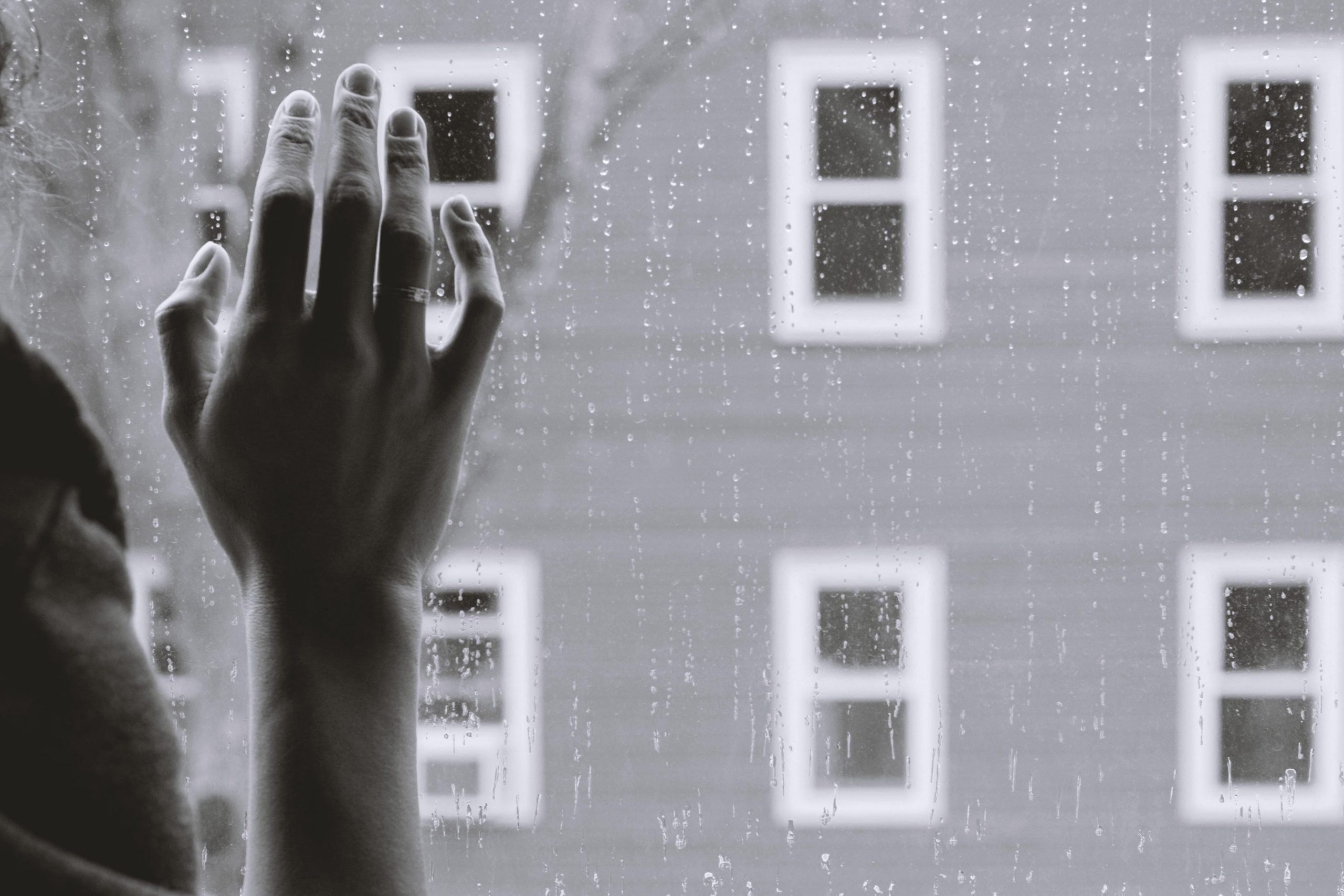 I struggle with depression in “normal” seasons. But this is not a normal season.
I struggle with depression in “normal” seasons. But this is not a normal season.
Six months ago, my dad died suddenly. We were not close, but it threw my life into chaos. Then, just 10 days after he died, we found out my mom had cancer that had metastasized to her brain. Now, my siblings and I are in the throes of trying to provide long-distance care. We’re dealing with potentially losing both our parents in a short period of time while working to get my father’s estate in some semblance of order. Also, somewhere in there, my marriage hit its teenage years — complete with all the moodiness and communication difficulties.
I feel like I haven’t come up for air in months.
It has been a long, dark, season. While depression is “normal” for me, this has been really hard.
I’m not sharing this for your pity, or even for your condolences. I’m simply making the point that it’s not a fleeting, passing, dark season.
When a friend is depressed and going through a long darkness, it’s hard to know how to care for them. Maybe it’s someone who suffers from long-term depression. Someone who has lost a loved one and grieves for a long time. Someone who deals with an invisible illness. Someone who is dealing with ambiguous loss. We’re very good at showing up when something happens, but it gets exhausting to walk alongside someone when it seems to never end.
I’m not an expert, and I do highly recommend trained professionals and therapists for anyone going through this themselves. But I can tell you, from my own experience, things that are helpful for friends to consider — and things that aren’t as much.
1. Please avoid the platitudes and oversimplifications.
No, everything does not happen for a reason. Yes, sometimes God does give you more than you can humanly handle. Is there a greater good happening — maybe? But is that helpful to hear right now? No, not really. Better: “I’m so sorry you’re going through this right now.”
2. Please don’t ignore it OR dwell solely on it.
When our lives are upside down, pretending things are normal is insensitive. Conversely, when we feel stuck in the darkness, anger, and sadness, it’s exhausting if friends and acquaintances want to talk only about our sadness. Better: How are you doing (really)? Are you in the mood to do X? Or would you prefer Y?
3. Please keep showing up.
Sit with us. Laugh with us. Hang out with us. Cry with us and don’t freak out when we yell or when we’re totally fine and then we’re not. Please don’t be afraid when it takes a long time for us to find our footing again and when we’re not OK for a long time. Big loves and big hurts take a long time to get through. The friend who is depressed doesn’t want to be stuck here any more than you do. But it’s even harder to feel stuck somewhere when you feel invisible or when you feel alone.
4. Please make simple invitations.
“Would you like to come sit with me or would you prefer to be alone right now?” “Are you in the mood for conversation?” “Could I pop by tonight with dinner? I can just drop it off or I can stay and hang out — what would be better for you?” “Would you like to go for a walk with me tonight?” “Do you have plans tomorrow? Would you like to join me for X?”
5. Ask time-limited, specific questions, not broad generalizations.
For example, “How’s today been?” or, “What’s weighing heaviest on your mind today?” or, “What’s been a win today?” rather than, “How are things with X?” Also, if you’re not a close friend, be OK with a general answer if that’s what we’re able to give right then. Our grief and process are not gossip. Opening up all the time is exhausting. Sometimes it is helpful to share, and sometimes that stranger who reaches out at just the right moment is exactly the right person to talk to for a miraculously healing moment. But other times, it’s not.
6. Please don’t make this about you.
This is a hard one, because sometimes it is actually helpful to hear someone else’s grief or story. The commiseration and sharing of stories can be healing. Or it can just devolve into sharing about your aunt’s cousin’s wife who went through something similar 10 years ago. So as the friend who is depressed, here’s my general rule of thumb: Don’t share it if it’s not your personal experience. If you personally have been through something similar, share with discretion, and pause. When in doubt, revert back to asking meaningful questions or simply saying, “I’m so sorry you’re going through this right now” and, “I love you.”












